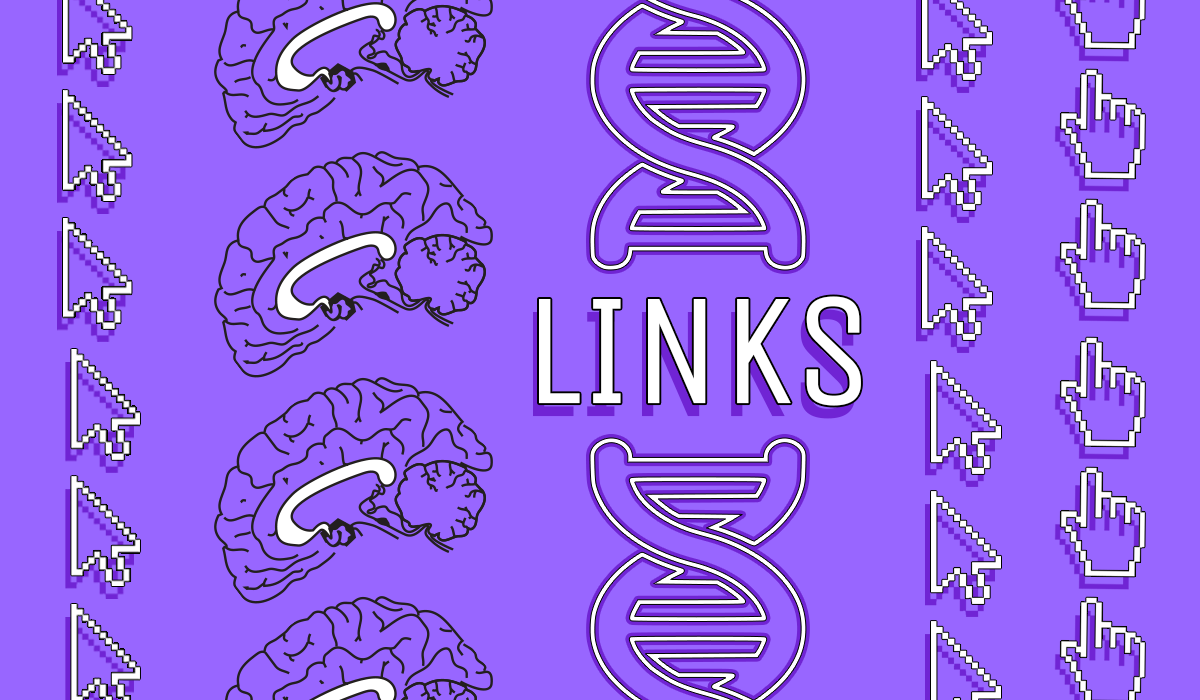LINKS - July 27th, 2022
Welcome to LINKS — my attempt to provide Rhapsody readers with five interesting stories that tell us something about what it means to be human. LINKS is published every Wednesday. Have a link you want to share? Drop it in the comments.
A Decisive Blow to the Serotonin Hypothesis of Depression
By Christopher Lane Ph.D., Psychology Today
“A major new review of the research—the first of its kind exhaustively reviewing the evidence, published today in the journal Molecular Psychiatry—reaches a strikingly similar conclusion. In “The Serotonin Theory of Depression: A Systematic Umbrella Review of the Evidence,” University College London Psychiatry Professor Joanna Moncrieff and a team of five other top European researchers found ‘there is no evidence of a connection between reduced serotonin levels or activity and depression.’”
Everything You Know About Self-Care Isn't Wrong… But It’s Not Quite Right
By Amelia Harnish, Women’s Health
“Stats like these raise this question: If the ‘treat yourself’ approach to self-care is working, why are we still so frazzled and worn out? Well, according to experts, we’re all somewhat missing the point. ‘Self-care is really about taking time to understand your true needs beyond your impulses,’ says WH advisor Chloe Carmichael, PhD, a NYC-based therapist and the author of Nervous Energy: Harness the Power of Your Anxiety. ‘It’s about looking at yourself on a deeper level.’”


Ed. Note: Haven’t linked to a tweet thread in LINKS before but I wanted to highlight the images and explanations in this thread. Check it out.
Why Archaeologists Think They’ve Found the Lost City of Natounia
By Meilan Solly, Smithsonian Magazine
“A new study, published this week in the journal Antiquity, suggests that this figure was a king of Adiabene, a vassal state of the powerful Parthian Empire. If that’s the case, write the researchers, the fortress could very well be Natounia (or Natounissarokerta), a long-lost city named after the Adiabene dynasty’s founder, Natounissar, and only known to exist through a trove of first-century B.C.E. coins.”
How humans’ ability to digest milk evolved from famine and disease
By Ewen Callaway, Nature
“The dawn of dairy farming in Europe occurred thousands of years before most people evolved the ability to drink milk as adults without becoming ill. Now researchers think they know why: lactose tolerance was beneficial enough to influence evolution only during occasional episodes of famine and disease, explaining why it took thousands of years for the trait to become widespread.”




